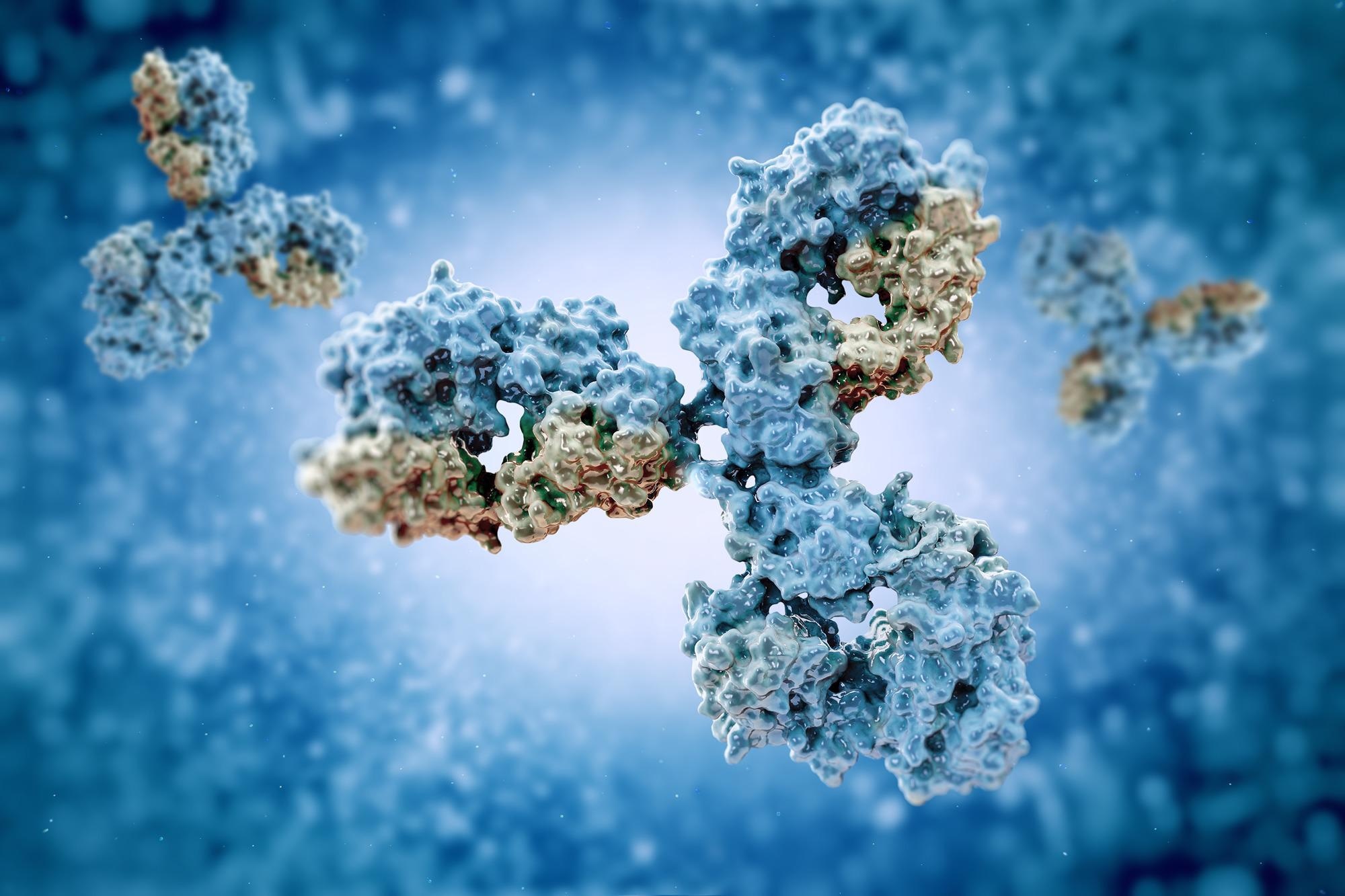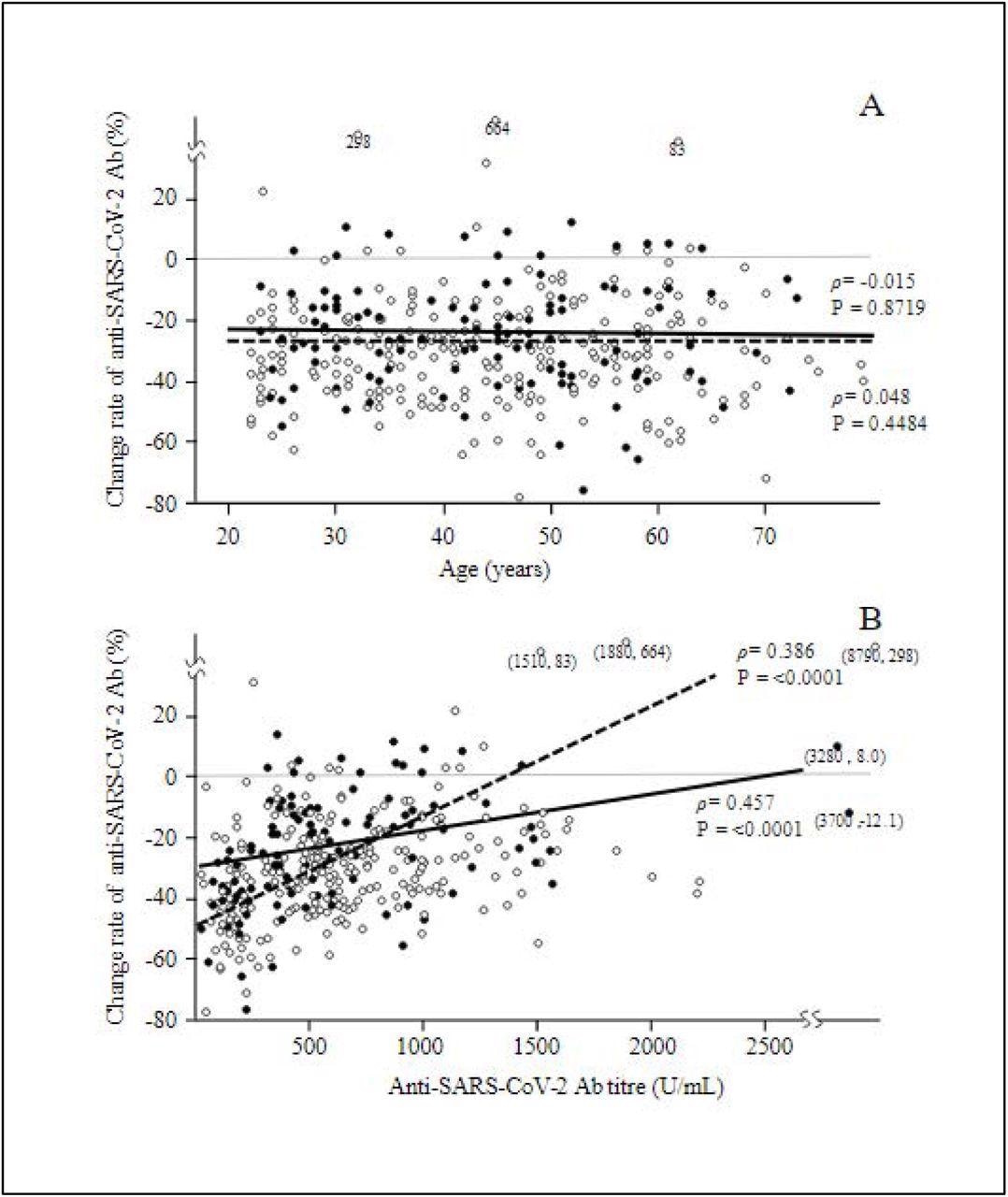The COVID-19 vaccines are potent but not an absolute cure-all against severe acute respiratory syndrome coronavirus 2 (SARS-CoV-2). In recent months, more data has uncovered a drop in vaccine-induced protection at least six months after the second dose. However, it remains poorly understood if the rate of decline is constant for every vaccinated person.
New research from Japan found several risk factors associated with greater waning immunity after vaccination. Old age and smoking were amongst those with some of the lowest antibody titers. Women more than men were also more likely to experience a rapid decline in antibody levels 3 to 6 months after receiving their second Pfizer-BioNTech dose.
Understanding who has at greater risk of waning immunity can help public health officials personalize vaccination regimens for individuals with the lowest antibody levels. This includes but is not limited to priority for booster shots, an individualized vaccination schedule, or using an adenovirus-based vaccine than an mRNA vaccine.
Recently, the United States authorized booster shots for any adult over the age of 18 who received their second vaccination at least six months ago.
The study, “Attenuation of antibody titers during 3-6 months after the second dose of the BNT162b2 vaccine depends on sex, with age and smoking as risk factors for lower antibody titers at 6 months”, is published on the medRxiv* preprint server.
 Study: Attenuation of antibody titers during 3-6 months after the second dose of the BNT162b2 vaccine depends on sex, with age and smoking as risk factors for lower antibody titers at 6 months. Image Credit: vitstudio / Shutterstock
Study: Attenuation of antibody titers during 3-6 months after the second dose of the BNT162b2 vaccine depends on sex, with age and smoking as risk factors for lower antibody titers at 6 months. Image Credit: vitstudio / Shutterstock

 This news article was a review of a preliminary scientific report that had not undergone peer-review at the time of publication. Since its initial publication, the scientific report has now been peer reviewed and accepted for publication in a Scientific Journal. Links to the preliminary and peer-reviewed reports are available in the Sources section at the bottom of this article. View Sources
This news article was a review of a preliminary scientific report that had not undergone peer-review at the time of publication. Since its initial publication, the scientific report has now been peer reviewed and accepted for publication in a Scientific Journal. Links to the preliminary and peer-reviewed reports are available in the Sources section at the bottom of this article. View Sources
Trial information
The study recruited 365 vaccinated healthcare workers from a hospital in the Tochigi prefecture, including 250 women and 115 men. The median age was 44 years. Nurses and doctors made up 56.2% of the study population.
Researchers measured antibody titer levels of participants against the SARS-CoV-2 spike protein six months after vaccination.
The median antibody titer in the cohort was approximately 539 U/mL.
Smoking as a risk factor for lower antibody levels
Older adults had significantly lower antibody titer levels, with almost half of those seen in people in their 20s. This indicates that antibody titers decreased more as ages increased from 20s to 70s.
The researchers adjusted the data because outside variables such as hypertension may have influenced age-related results. After a reanalysis, only smoking was significantly correlated with lower antibody titers.
“In terms of smoking, the age-adjusted median Ab titers were −97 (−277 to 184) and 56 (−182 to 342) in ever-smokers and never-smokers, respectively,” explained the researchers.
 Scatter plot of the distribution of the rate of change in Ab titers during 3-6 months after the second dose of the vaccine according to sex. The relationship between the rate of change after the vaccination and age is shown in A, and the relationship between the rate of change and the Ab titer 6 months after the vaccination is shown in B. No significant correlation was observed in A, and age did not affect the attenuation of the Ab titers from 3 to 6 months after the vaccination. However, a significant correlation was observed in B, and a lower Ab titer might affect the attenuation of Ab titers from 3 to 6 months after the vaccination. Closed and open circles and continuous and broken lines show men and women, respectively.
Scatter plot of the distribution of the rate of change in Ab titers during 3-6 months after the second dose of the vaccine according to sex. The relationship between the rate of change after the vaccination and age is shown in A, and the relationship between the rate of change and the Ab titer 6 months after the vaccination is shown in B. No significant correlation was observed in A, and age did not affect the attenuation of the Ab titers from 3 to 6 months after the vaccination. However, a significant correlation was observed in B, and a lower Ab titer might affect the attenuation of Ab titers from 3 to 6 months after the vaccination. Closed and open circles and continuous and broken lines show men and women, respectively.
Gender as a risk factor for waning immunity
Antibody titers against SARS-CoV-2 declined at a median rate of -29.4%. While age did not influence the rate of decline, sex did.
Women experienced a 6.5% faster rate of decline than men.
The median rate of change in antibody titers was 31.6% in women. In contrast, men showed a -25.1% rate of change.
The researchers analyzed the data again to view antibody titers levels 3 and 6 months after vaccination between men and women who smoke versus those that did not.
There was no difference between men and women who smoked. But there were significant differences between the sexes of smokers and nonsmokers.
Lastly, a positive correlation was observed between antibody titer levels after six months and rate of decline. After six months, people who had the lowest antibody titer levels were associated with a greater rate of change in antibody titers. Though the researchers note that individual differences not accounted for in the study could have also influenced waning immunity.
Study limitations
All participants were from a single national hospital in Japan, which raises the question of generalizability for both the rest of Japan and the world.
The research team only wanted to view vaccine-induced immunity, so they excluded participants with antibodies against nucleocapsid proteins because they assumed it meant these people had immunity after recovering from infection. However, some excluded patients showed no instance of waning immunity against the spike protein but were negative for antibody protection against SARS-CoV-2 nucleocapsid proteins.
There is a slight possibility that 5 participants who showed an 80% increase in antibody titers against the spike protein (but not against nucleocapsid proteins) may have been infected with COVID-19. However, since there was no concrete evidence or confirmed test of COVID-19, the 5 participants were not excluded from the final analysis.

 This news article was a review of a preliminary scientific report that had not undergone peer-review at the time of publication. Since its initial publication, the scientific report has now been peer reviewed and accepted for publication in a Scientific Journal. Links to the preliminary and peer-reviewed reports are available in the Sources section at the bottom of this article. View Sources
This news article was a review of a preliminary scientific report that had not undergone peer-review at the time of publication. Since its initial publication, the scientific report has now been peer reviewed and accepted for publication in a Scientific Journal. Links to the preliminary and peer-reviewed reports are available in the Sources section at the bottom of this article. View Sources
Journal references:
- Preliminary scientific report.
Nomura Y, et al. (2021). Attenuation of antibody titres during 3-6 months after the second dose of the BNT162b2 vaccine depends on sex, with age and smoking as risk factors for lower antibody titres at 6 months. medRxiv. doi: https://doi.org/10.1101/2021.11.14.21266334, https://www.medrxiv.org/content/10.1101/2021.11.14.21266334v1
- Peer reviewed and published scientific report.
Nomura, Yushi, Michiru Sawahata, Yosikazu Nakamura, Ryousuke Koike, Otohiro Katsube, Koichi Hagiwara, Seiji Niho, Norihiro Masuda, Takaaki Tanaka, and Kumiya Sugiyama. 2021. “Attenuation of Antibody Titers from 3 to 6 Months after the Second Dose of the BNT162b2 Vaccine Depends on Sex, with Age and Smoking Risk Factors for Lower Antibody Titers at 6 Months.” Vaccines 9 (12): 1500. https://doi.org/10.3390/vaccines9121500, https://www.mdpi.com/2076-393X/9/12/1500